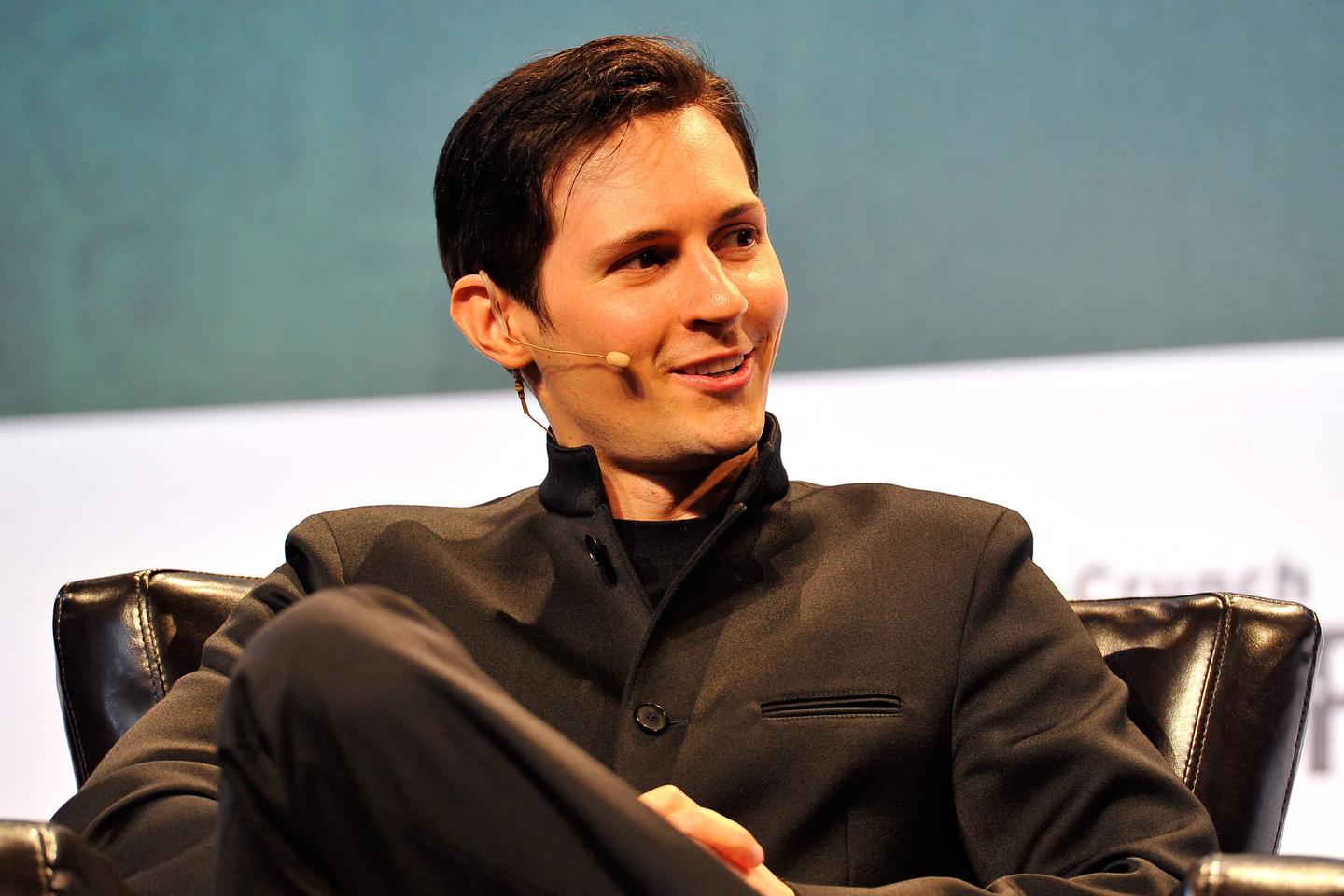Pavel Durov, the founder and CEO of the Telegram messaging application, was arrested on arrival in France on Saturday, August 24, as part of proceedings accusing Telegram of complicity in numerous cases linked to drug trafficking, support for terrorism and cyberstalking. Durov was arrested at Le Bourget airport, where he was on his way to Paris for the evening, accompanied by his bodyguard and assistant, as revealed by French news channel TF1/LCI.
At the heart of the case are recurring accusations of lack of moderation on the platform managed by Durov. With almost a billion users worldwide, a large proportion of them in the former socialist republics including Russia and Ukraine, Telegram has become, along with WhatsApp, one of the most important messaging services in the world. This success is due not only to its group functions, but also to its lack of moderation.
A self-proclaimed Libertarian, Durov is opposed to all “censorship,” and his app cooperates only very marginally with judicial requisitions and requests to close accounts and groups. Many users take advantage of this situation: a few minutes’ search on Telegram is enough to find groups selling drugs or false papers, supporting terrorism or promoting cryptocurrency scams.
It was for his lack of cooperation and Telegram’s deficient moderation that Durov had an arrest warrant out for him in France: The OFMIN, an office responsible for combating violence against minors, had discreetly launched an investigation into the dissemination of child pornography on Telegram. According to AFP, this investigation was then joined by several investigative services, for offenses ranging from cyberharassment to organized crime. When contacted by Le Monde, Telegram had not responded by the time this article was published.
The arrest of the CEO of such a popular app is a world first – the only comparable case being in 2016, when a Brazilian judge ordered the arrest of a local senior Facebook executive, who was quickly released. In the past, numerous governments had attempted or threatened to block Telegram, but none had issued arrest warrants for Durov or his close associates.
In early 2022, Germany, annoyed by the platform’s lack of collaboration in an investigation into a far-right movement suspected of plotting a coup, threatened to block the app before an agreement, the content of which has not been made public, was reached. In the late 2010s, Russia had tried to block the service on its territory – without much success – accusing Telegram of not cooperating with its investigative services, before giving up. Just last week, Telegram came under heavy criticism from the French Professional Football League, which accused the app of failing to moderate pirate streams of Ligue 1 matches.
You have 72.9% of this article left to read. The rest is for subscribers only.

